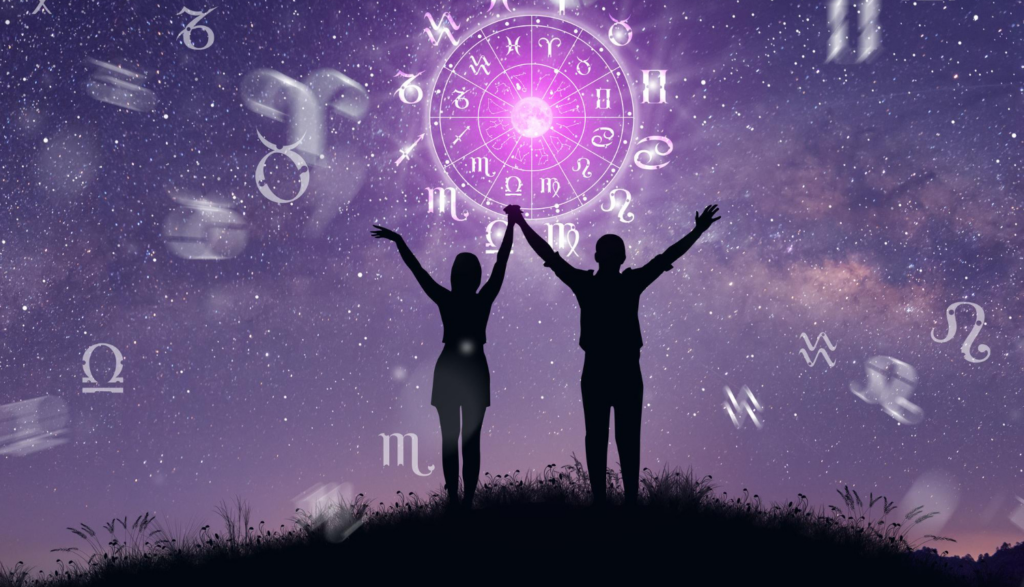Astrology, the ancient practice of interpreting celestial movements to gain insights into human affairs and natural phenomena, continues to captivate millions worldwide. However, its popularity is often accompanied by misconceptions and myths. In this article, we aim to address some frequently asked questions to clarify concepts and debunk common myths surrounding astrology.
What is Astrology?
Astrology is a belief system that suggests a relationship between the positions and movements of celestial bodies and events on Earth. It involves the study of planets, stars, and other celestial phenomena to understand their influence on human life and the natural world. Astrologers create horoscopes, which are charts representing the positions of celestial bodies at a specific time, typically the moment of a person’s birth.
Myth 1: Astrology is the Same as Astronomy
Astronomy is a scientific discipline that studies celestial objects and phenomena, while astrology is a belief system that interprets the influence of these celestial bodies on human life. While they share a common origin, they diverged centuries ago, with astronomy becoming a rigorous science and astrology remaining a metaphysical practice.
Myth 2: Astrology Predicts the Future
Astrology does not predict specific events with certainty. Instead, it offers insights into potential trends and influences that might affect a person’s life. It’s more about understanding tendencies and energies rather than forecasting precise outcomes.
Myth 3: All Horoscopes are the Same
Horoscopes found in newspapers and magazines are generalized and based solely on sun signs, which are determined by the position of the sun at birth. A personalized horoscope, however, considers the entire natal chart, including the positions of the moon, planets, and other factors, providing a much more detailed and individualized reading.

Birth Chart (Natal Chart)
A birth chart is a map of the sky at the exact moment and location of a person’s birth. It includes the positions of the sun, moon, and planets, as well as the twelve astrological houses. This chart serves as a blueprint for an individual’s personality, tendencies, and life path.
Sun Sign vs. Moon Sign
The sun sign, which most people are familiar with, represents the core of one’s identity and ego. The moon sign, determined by the position of the moon at birth, reflects a person’s emotional nature and subconscious. Both are crucial components of a complete astrological profile.
Retrograde Motion
When a planet appears to move backward in its orbit from our perspective on Earth, it is said to be in retrograde. This phenomenon is an optical illusion but holds significant meaning in astrology, often associated with periods of reflection, reassessment, and challenges in areas related to the retrograding planet.
Astrology, while often misunderstood, provides a unique lens through which individuals can explore their inner selves and their connections to the cosmos. By debunking myths and clarifying key concepts, we can appreciate astrology as a rich, symbolic language that has endured through centuries, offering insights and guidance to those who seek it. Whether one views astrology as a spiritual tool or simply a fascinating tradition, understanding its nuances helps demystify this age-old practice.
Related: The Personality Traits of All 12 Zodiac Signs: Strengths and Weaknesses





















